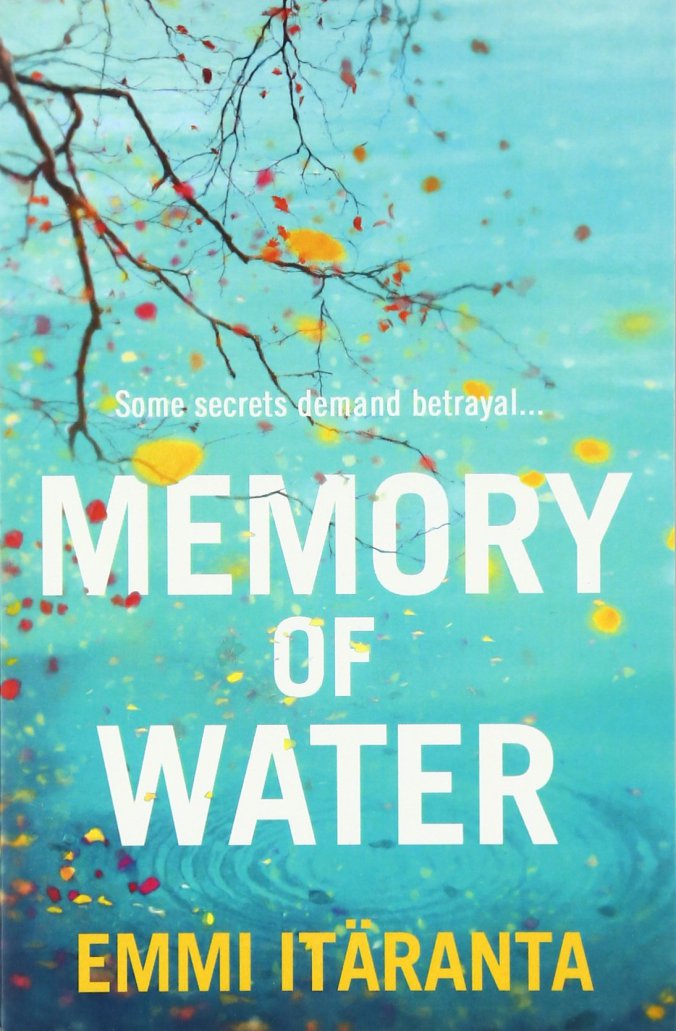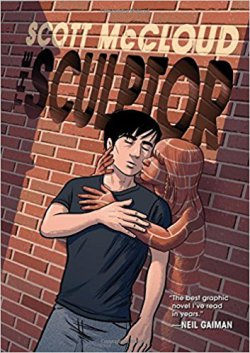‘It’s not worth thinking about them, Noria. They didn’t think about us, either’.
This is something I found to be particularly profound within the opening chapter to Emmi Itäranta’s Memory of Water. Looking forward in to the future of a polluted world may seem difficult, for we don’t really seem to notice the amount of unsustainable products we use, however this throwaway comment by a fictional character really makes us stop and think about the true effect of our plastic production and use.

While it may seem accusatory and, perhaps, a bit harsh to say that we, or the novels ‘they’, are not thinking about future generations, it does prove a point regarding our ignorance to waste. It’s not that we’re not thinking about the future of the environment, but more that we’re, perhaps, a bit unknowingly ignorant to the repercussions of our lifestyles.
For example, using a plastic straw in a restaurant was never something that struck me as detrimental to the future of our planet, however places like Wetherspoons and Las Iguanas are cutting down, or totally replacing, the plastic straw to cut down plastic pollution. This has mostly been done in a quiet limited-publicity way, so the general public aren’t aware of the effort for environmental change, thus creates little environmental awareness.

The public seem more willing to look at these environmental changes as a way to make more money too, which doesn’t exactly help the cause. They may consider that paper straws are being used as they are cheaper than plastic ones and that the companies are being tight, or that the 5p plastic bag charge (used to deter shoppers from adding to the graveyard of plastic), is a way for companies to make more money out of its consumers. (Which is not the case, by the way. The tax man takes his 20%, the bastard, and the rest, in most cases, goes to charity).
It seems general attempts by companies, or the government, to reduce plastic waste seem to find themselves at the heart of scrutiny, despite their best intentions, because we live in a world of greed with a money-focused psyche. As individuals living amongst both an economical and environmental crisis, we are driven to protect our individual assets (such as our money, hence the feeling of despair over a 5p bag), rather than our shared environment because, well, we’re selfish, and that is expected. However that selfishness isn’t ‘who cares about the future of the planet, I’ll be dead by the time the environment is ruined’, it’s ‘the environment is a low priority, and my financial situation is my top priority’.
So in regards to Itäranta’s first chapter, it’s profundity provokes thought within the reader about future generations and our role in preserving the Earth, however its bitterness is mislead. We’re a society of questionable priorities (money), conflicting political ideologies regarding the state of the environment (I’m looking at you, Trump), and a lack of insight in to what could happen if we continue consuming plastic at the current rate.

Whilst these are only thoughts and musings based around one sentence of a book, they prove, to myself anyway, how little we truly think about our affect on the atmosphere until we are prompted to.
Advertisements Share this:




